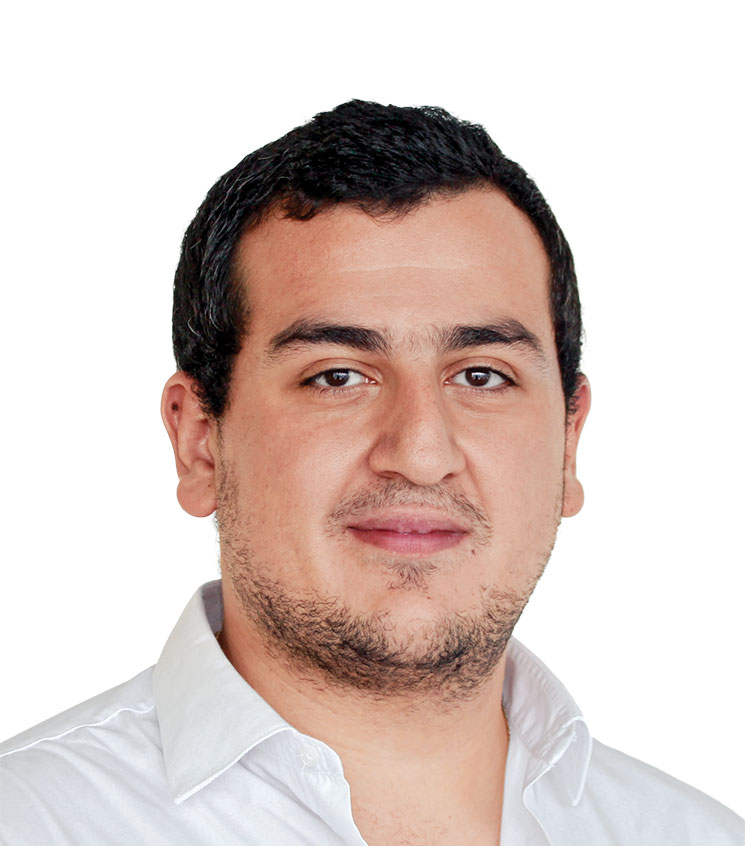
Childhood Hepatitis, Fibromyalgia, UNAM in the Spotlight
 By Antonio Gozain | Senior Journalist and Industry Analyst -
Wed, 05/18/2022 - 13:02
By Antonio Gozain | Senior Journalist and Industry Analyst -
Wed, 05/18/2022 - 13:02
After President Andrés Manuel López Obrador’s complaint regarding the lack of collaboration from UNAM medicine students during the peaks of the COVID-19 pandemic, the university answered that students were withdrawn from the frontlines because the Ministry of Health forbade them from carrying out face-to-face activities.
“It was the health authority that, on March 19, 2020, in its official letter DGCES.DG-037-2020, suspended all the activities of the undergraduate clinical cycles, requiring the directors of hospitals and health jurisdictions to prohibit students from attending health institutions,” said UNAM.
Ready? This is the Week in Health!
Acute Childhood Hepatitis Arrives to Mexico
Nuevo Leon’s Ministry of Health announced that Mexico’s first cases of acute severe hepatitis in children have been detected in the state. The state’s Ministry of Health asked the population to remain calm.
“We are aware of patients that have been diagnosed with hepatitis in both private and public institutions. They are children from different ages. We are monitoring them to evaluate their development and will share with you the complete information,” said Alma Rosa Marroquín Escamilla, Nuevo Leon’s Minister of Health.
Fibromyalgia Might Lower Quality of Life
In wake of World Fibromyalgia Day, the Ministry of Health informed that 80 percent of affected patients are women over 30 years old. About 2 percent of the global population suffers from fibromyalgia, which causes pain all over the body, fatigue and sleep problems. Over 60 percent of fibromyalgia patients present depression and anxiety, which increase body pain.
Living Hospital System Provides a Humane Patient Experience
Docplanner, the world’s largest healthcare platform, acquired TuoTempo, a CRM that simplifies relationships between healthcare professionals and patients.
“Docplanner’s mission is to use technology to make health experiences more humane. By acquiring TuoTempo, Docplanner strengthened its patient-institution communication tools, bolstering our joint vision of creating patient-centric models,” said Ricardo Ramírez, Development Manager, TuoTempo.
Technology Prevents Exclusion of People with Disabilities
The Global Report on Assistive Technology, published by the WHO and UNICEF, shows that over 2.5 billion people need assistive products, such as wheelchairs and hearing aids, but 1 billion do not have access to them. By 2050, it is expected that 3.5 billion people will need assistive technology because every individual is likely to need it as they age, according to the report.
“Assistive technology is a life changer as it opens the door to education for children with impairments, employment and social interaction for adults living with disabilities and an independent life of dignity for older persons,” said Tedros Adhanom, Director, WHO.
















